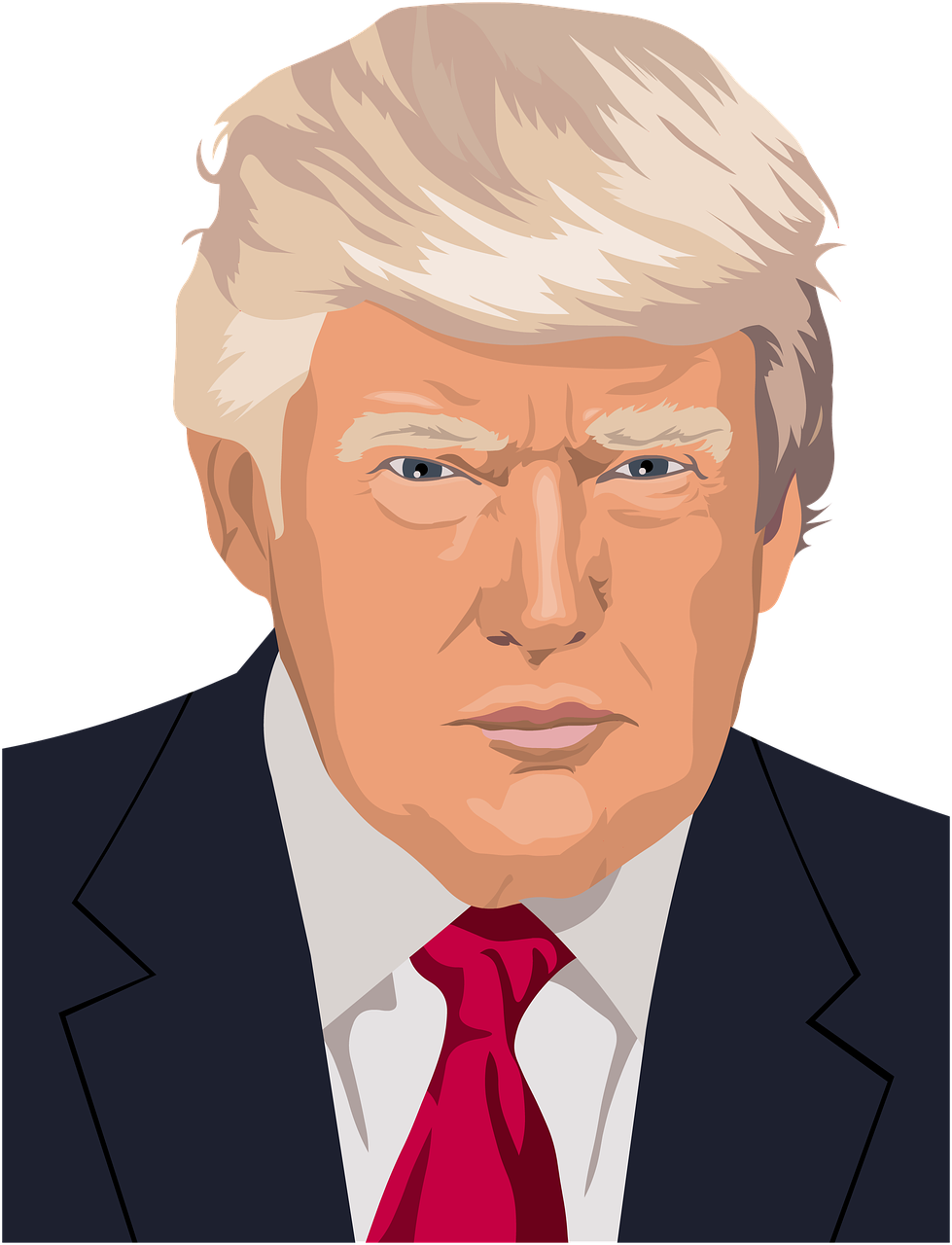Communicating clearly and concisely is a fundamental aspect of politics. It is the ability to express ideas and policies in a straightforward, understandable manner, without unnecessary complexity or ambiguity. This skill is essential for politicians, as it allows them to effectively convey their messages to the public, gain support for their initiatives, and build trust with their constituents.
In politics, clear and concise communication can take many forms. Here are 15 examples:
1.Speeches: Politicians often use speeches to communicate their ideas and policies. A well-crafted speech that is clear and concise can effectively convey a message and persuade listeners.
2. Debates: During debates, politicians must be able to articulate their positions clearly and concisely to counter opponents’ arguments and win over undecided voters.
3. Press Releases: These are official statements issued to the media to provide information or announce a policy or initiative. They must be clear and concise to ensure that the media accurately reports the information.
4. Social Media Posts: Politicians increasingly use social media platforms like Twitter or Facebook to communicate with constituents. These posts need to be clear, concise, and engaging to capture attention in a crowded digital landscape.
5. Interviews: Whether on television, radio, or print media, politicians must communicate clearly and concisely during interviews to effectively convey their messages.
6. Policy Documents: These documents outline a politician’s stance on various issues. They must be clear and concise so that constituents understand the politician’s positions.
7. Campaign Advertisements: These ads aim to persuade voters to support a candidate or policy. Clear, concise messaging is crucial for effective persuasion.
8. Town Hall Meetings: During these meetings, politicians interact directly with constituents, answering questions and addressing concerns. Clear and concise communication helps build trust and understanding.
9. Emails: Politicians often send emails to constituents to provide updates or request support. These emails must be clear and concise to effectively convey the message.
10. Op-Eds: Politicians sometimes write op-eds to express their views on specific issues. These pieces need to be clear and concise to persuade readers.
11. Direct Mail: This is a traditional method of communication where politicians send physical mail to constituents. The content must be clear and concise to engage the reader.
12. Podcasts: Some politicians host or appear on podcasts to reach a wider audience. Clear and concise communication is key to keeping listeners engaged.
13. Infographics: These visual tools can help politicians explain complex policies or data in a clear, concise manner.
14. Videos: Politicians often use videos for campaign ads or policy explanations. The messaging in these videos needs to be clear and concise for effective communication.
15. Webinars: These online seminars allow politicians to discuss issues in-depth with constituents or experts. Clear and concise communication helps ensure that the audience understands the discussion.
In conclusion, clear and concise communication is a vital skill in politics, enabling politicians to effectively convey their messages, build trust with constituents, and gain support for their initiatives. It’s not just about speaking or writing well; it’s about making complex ideas understandable, engaging audiences, and persuading people.
The next steps for any politician looking to improve their communication skills would be to practice regularly, seek feedback, and study successful examples of clear and concise political communication. They might also consider working with a speechwriter or communications coach to hone their skills further.
Remember, in politics, as in life, it’s not just what you say but how you say it that matters. So strive for clarity and conciseness in all your communications.
